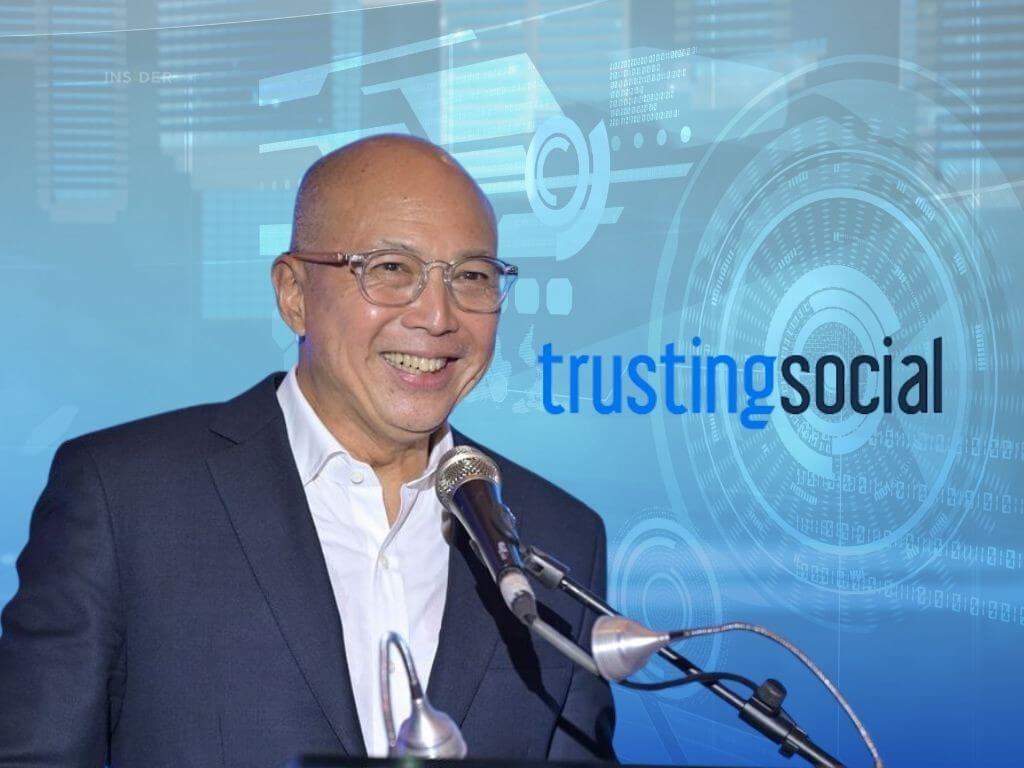

The scale of the problem is growing rapidly, AI-powered fintech Trusting Social Philippines (TSPH) said in a statement.
Cybercrime cases triple
The Department of Information and Communications Technology (DICT), the Bangko Sentral ng Pilipinas (BSP), and the National Bureau of Investigation (NBI) regularly warn Filipinos to stay vigilant amid the surge in digital fraud.
The statement cited a Cybercrime Investigation and Coordinating Center (CICC) report showing that cybercrime complaints rose to over 10,000 in 2024, more than triple the 3,317 logged in 2023.
Reported losses neared P198 million. The Securities and Exchange Commission (SEC) has also raised the alarm over the spread of money muling, in which individuals lend or sell their bank or e-wallet accounts for illegal activity—a practice now punishable under law. Financial institutions are increasingly relying on AI and machine learning to counter these schemes.
The money muling threat
Money mule networks have emerged as a major concern for regulators and financial institutions.
Fraudsters now exploit synthetic identities, deepfakes, and fake accounts to launder money or facilitate illicit transactions. What used to be isolated cases has evolved into a complex ecosystem of coordinated fraud.
With regulatory pressure rising and digital criminals becoming more organized, banks and fintech players are deploying stronger authentication tools and AI-powered monitoring systems to protect customers.
AI-driven response
One company at the forefront of this shift is Trusting Social, an AI-powered fintech that provides credit scoring, identity verification, and risk assessment using alternative data. Its solutions help banks reach millions of underbanked Filipinos while strengthening fraud prevention systems.
During its seventh anniversary celebration, Trusting Social highlighted its role in safeguarding the financial system. The event featured a fireside chat, “The Frontline Defense: Combating Money Muling and Fostering a Secure Financial Ecosystem,” bringing together leaders from banks, regulators, and fintechs.
“Financial inclusion isn’t abstract; it fuels economic progress,” said Johnny Escaler, CEO of Trusting Social. “Our mission is to tackle one of the most fundamental problems of finance—powering inclusion with AI. The work we do has never been more critical.”
New tools to build trust
Trusting Social also launched Trust Insights 2.0, its enhanced credit risk intelligence platform. Through partnerships with Globe, Smart, GCash, and Maya, the upgraded system can now score up to 95 percent of adult Filipinos.
To address deepfake-driven identity theft, the company introduced SelfieScore, a real-time biometric KYC tool.
“If fraudsters are organized, we need to be organized,” said Jaideep Lakshminarayanan, CFO of Trusting Social. “The market and fraudsters are evolving—we must evolve too.” —Ed: Corrie S. Narisma